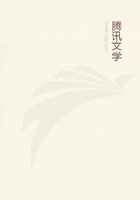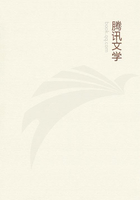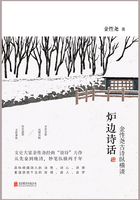*****Note I--This imitation of emotions, when it is referred to pain, is called "compassion" (cf. III. xxii. note); when it is referred to desire, it is called "emulation," which is nothing else but "the desire of anything, engendered in us by the fact that we conceive that others have the like desire."
Corollary I--If we conceive that anyone, whom we have hitherto regarded with no emotion, pleasurably affects something similar to ourselves, we shall be affected with love towards him. If, on the other hand, we conceive that he painfully affects the same, we shall be affected with hatred towards him.
Proof--This is proved from the last proposition in the same manner as III. xxii. is proved from III. xxi.
Corollary II--We cannot hate a thing which we pity, because its misery affects us painfully.
Proof--If we could hate it for this reason, we should rejoice in its pain, which is contrary to the hypothesis.
Corollary III--We seek to free from misery, as far as we can, a thing which we pity.
Proof--That, which painfully affects the object of our pity, affects us also with similar pain (by the foregoing proposition); therefore, we shall endeavour to recall everything which removes its existence, or which destroys it (cf. III. xiii.); in other words (III. ix. note), we shall desire to destroy it, or we shall be determined for its destruction; thus, we shall endeavour to free from misery a thing which we pity. Q.E.D.
*****Note II--This will or appetite for doing good, which arises from pity of the thing whereon we would confer a benefit, is called "benevolence," and is nothing else but "desire arising from compassion." Concerning love or hate towards him who has done good or harm to something, which we conceive to be like ourselves, see III. xxii. note.
XXVIII. We endeavour to bring about whatsoever we conceive to conduce to pleasure; but we endeavour to remove or destroy whatsoever we conceive to be truly repugnant thereto, or to conduce to pain.
Proof--We endeavour, as far as possible, to conceive that which we imagine to conduce to pleasure (III. xii.); in other words (II. xvii.) we shall endeavour to conceive it as far as possible as present or actually existing. But the endeavour of the mind, or the mind's power of thought, is equal to, and simultaneous with, the endeavour of the body, or the body's power of action. (This is clear from II. vii. Cor. and II. xi.
Cor.). Therefore we make an absolute endeavour for its existence, in other words (which by III. ix., note, come to the same thing) we desire and strive for it; this was our first point.
Again, if we conceive that something, which we believed to be the cause of pain, that is (III. xiii. note), which we hate, is destroyed, we shall rejoice (III. xx.). We shall, therefore (by the first part of this proof), endeavour to destroy the same, or (III. xiii.) to remove it from us, so that we may not regard it as present; this was our second point. Wherefore whatsoever conduces to pleasure, &c. Q.E.D.
XXIX. We shall also endeavour to do whatsoever we conceive men* to regard with pleasure, and contrariwise we shall shrink from doing that which we conceive men to shrink from.
[*N.B. By "men" in this and the following propositions, I mean men whom we regard without any particular emotion.]
Proof--From the fact of imagining, that men love or hate anything, we shall love or hate the same thing (III. xxvii.).
That is (III. xiii. note), from this mere fact we shall feel pleasure or pain at the thing's presence. And so we shall endeavour to do whatsoever we conceive men to love or regard with pleasure, etc. Q.E.D.
*****Note--This endeavour to do a thing or leave it undone, solely in order to please men, we call "ambition," especially when we so eagerly endeavour to please the vulgar, that we do or omit certain things to our own or another's hurt: in other cases it is generally called "kindliness." Furthermore I give the name of "praise" to the "pleasure, with which we conceive the action of another, whereby he has endeavoured to please us"; but of "blame" to the "pain wherewith we feel aversion to his action."
XXX. If anyone has done something which he conceives as affecting other men pleasurably, he will be affected by pleasure, accompanied by the idea of himself as cause; in other words, he will regard himself with pleasure. On the other hand, if he has done anything which he conceives as affecting others painfully, he will regard himself with pain.
Proof--He who conceives, that he affects others with pleasure or pain, will, by that very fact, himself be affected with pleasure or pain (III. xxvii.), but, as a man (II. xix. and xxiii.) is conscious of himself through the modifications whereby he is determined to action, it follows that he who conceives, that he affects others pleasurably, will be affected with pleasure accompanied by the idea of himself as cause; in other words, he will regard himself with pleasure. And so "mutatis mutandis" in the case of pain. Q.E.D.

